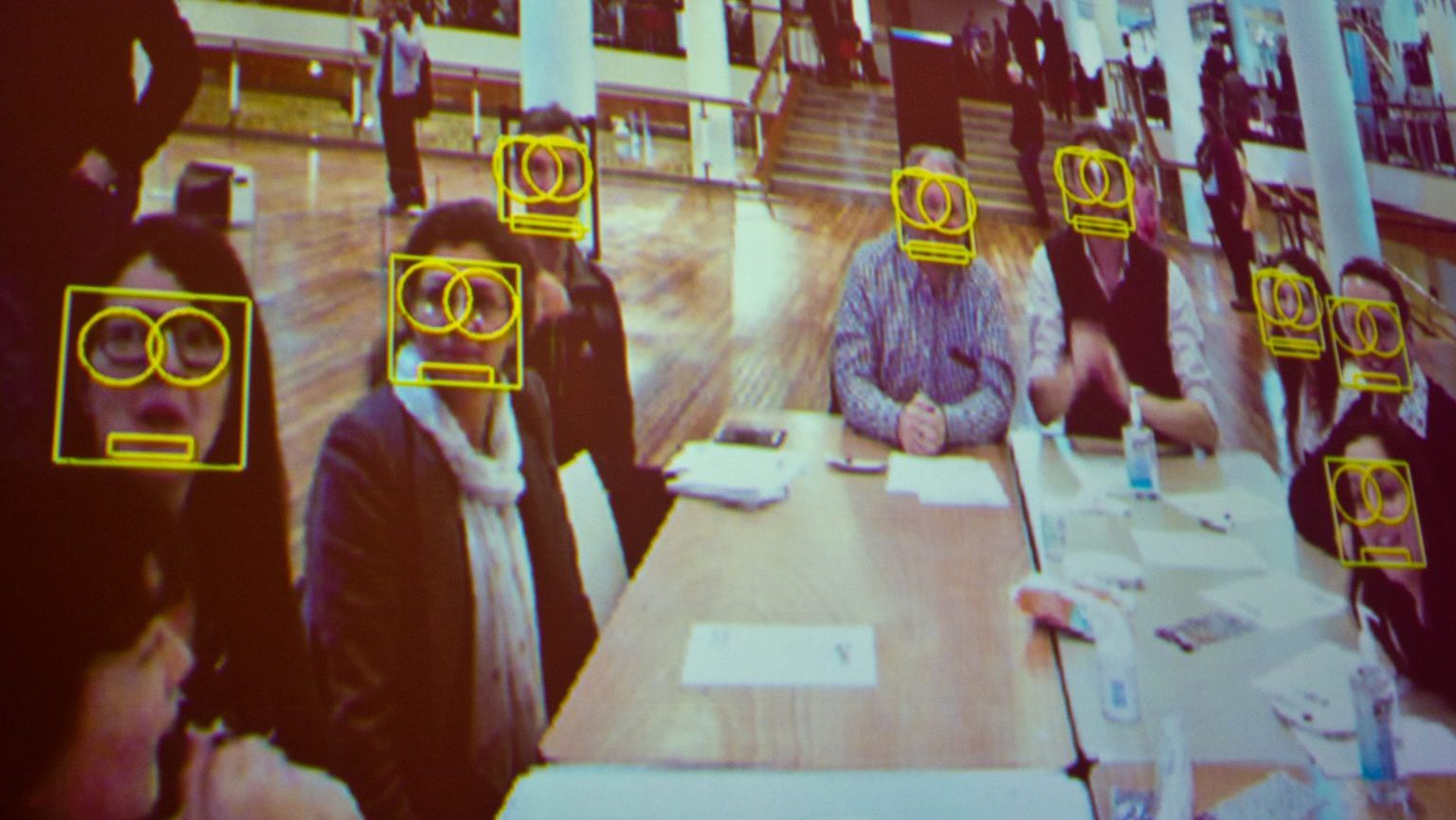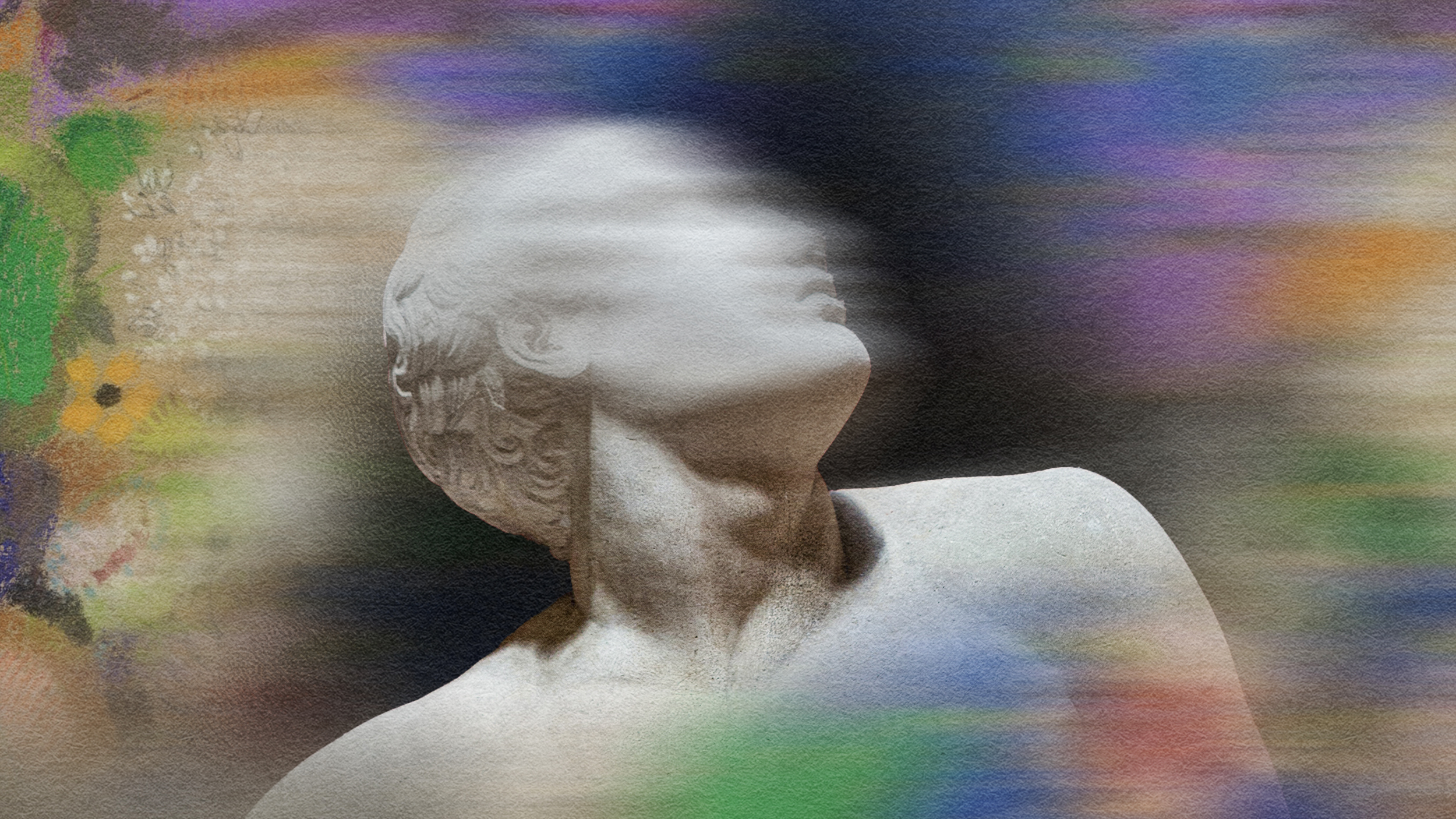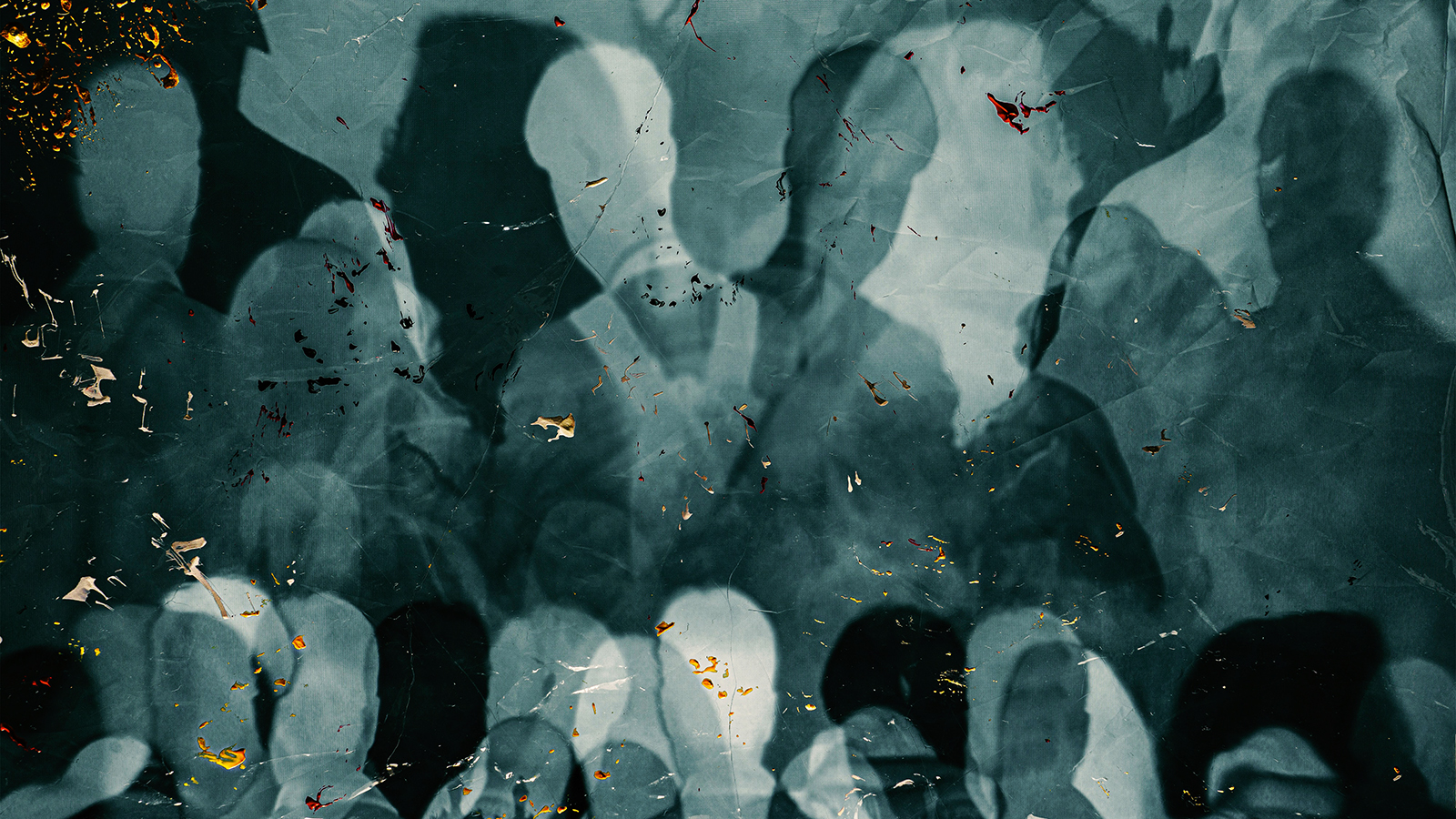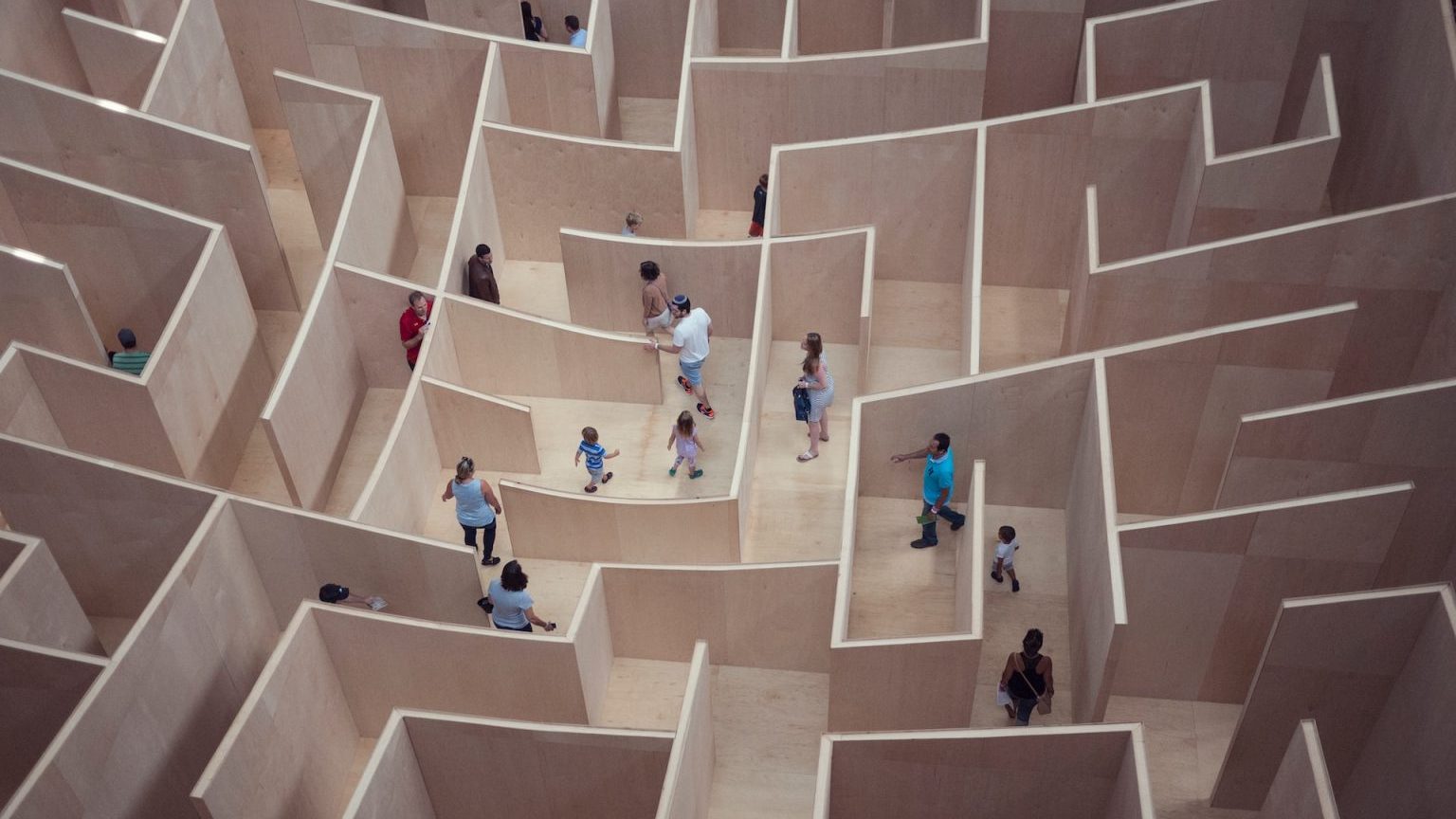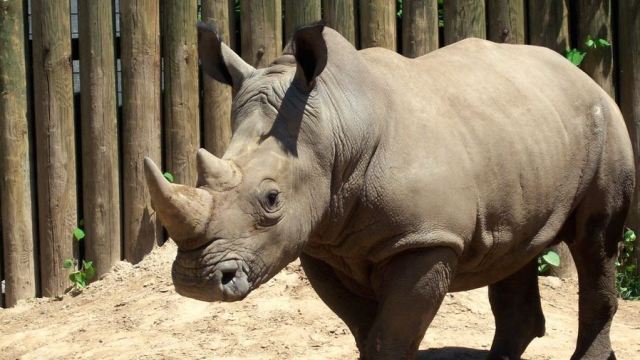Strangers Know What You Look Like Better Than You Do
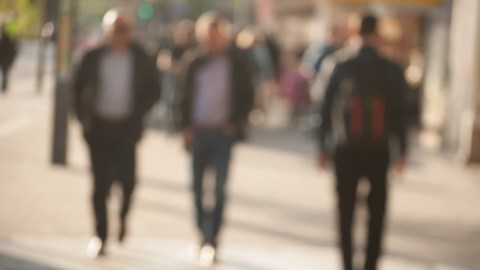
We’re bad at picking out pictures of ourselves that represent our true likeness, according to a new study. So, next time you’re picking out a picture for your dating profile, it may be better to get someone else to do it for you.
Researcher David White and his team from the UNSW Australia have found we have a distorted view of what we look like. They came to these conclusions through a series of overlapping tests. The study began with 130 undergraduate students. The volunteers’ first task was to download 10 photos of themselves from Facebook and rank which ones they thought bore the closest resemblance to their appearance. The participants were then asked to sit in front of a webcam where two photos were snapped of them: one where they were smiling and another where they had a neutral expression.
Unknown to them, an additional 16 students were watching them — these strangers sitting in front of a webcam for a minute. The 16 onlookers were tasked with objectively ranking a series of photos of these strangers based on which ones represented their likenesses from best to worst. The researchers even had yet another 73 online participants complete a face-matching test based on the original 130 participants’ photos.
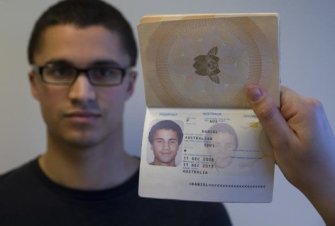
All these tests and the researchers found that the self-selected images were matched 7 percent less, compared to images selected by strangers. Also, photos selected by strangers tended to lead to better performance on the face-matching test.
White was surprised by the results, saying that “[i]t seems counterintuitive that strangers who saw the photo of someone’s face for less than a minute were more reliable at judging likeness. However, although we live with our own face day to day, it appears that knowledge of one’s own appearance comes at a cost. Existing memory representations interfere with our ability to choose images that are good representations or faithfully depict our current appearance.”
Read more at Science Daily.
Photo Credit: Shutterstock; Courtesy of David White, CC BY SA

